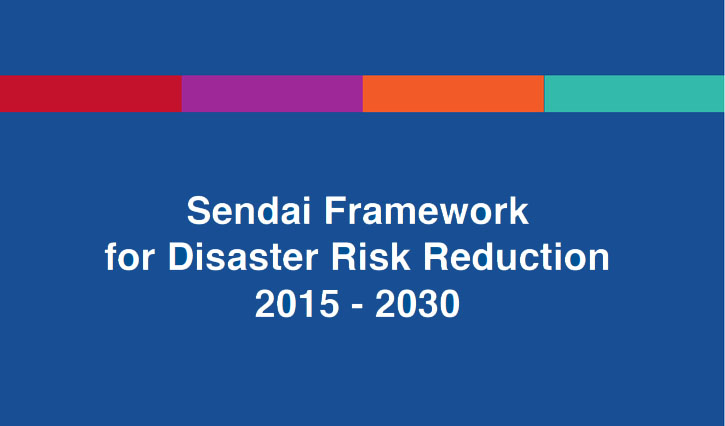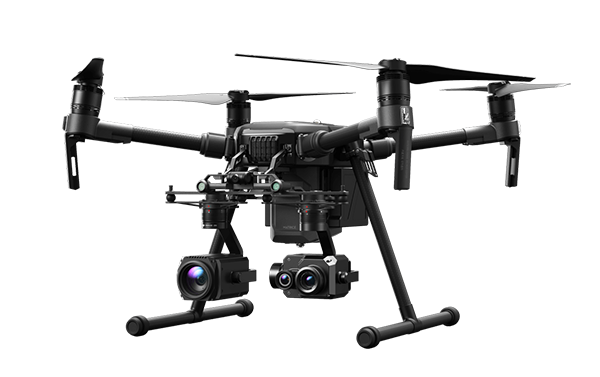The Center took part in the Inter-Regional Dialogue of South-East Asia countries on early warning issues
From 27 to 29 May 2024 in Incheon, South Korea, at the invitation of the UNDRR Northeast Asia Office and Global Education and Training Institute (UNDRR ONEA&GETI) and the Trilateral Cooperation Secretariat of China-Japan-South Korea (TCS), a delegation of the Center, consisting of the head of the emergency division Elvira Torebekova and senior expert Zulfiya Yesniyazova took part in the Interregional Dialogue 2024: “Tools And Technologies For Multi-Hazard Risk Assessment And Early Warning: Sharing Experience Among Countries In The Asia Pacific Region.”
The Dialogue was also attended by experts in disaster risk reduction and representatives of emergency agencies from North-East and Southeast Asian countries: China, Japan, Mongolia, Cambodia, Indonesia, Malaysia, Vietnam, Bhutan, Sri Lanka, the Philippines, the Maldives, Nepal , India and others, totaling 21 countries.
The Head of the UNDRR Global Institute for Education and Training (ONEA & GETI) Mr. Sanjaya Bhatia highlighted the need for capacity building in the Asia-Pacific region, noting that they have trained more than 7,000 people in 2023.
Workshop participants shared their experience in implementing advanced technologies, including the integration of artificial intelligence to enhance the effectiveness of early warning systems and monitoring of natural disasters. Group work sessions allowed participants to engage with the latest tools and methods, applied in various countries of the region. A checklist of indicators needed for developing an early warning system and ensuring cities resilience to natural disasters was reviewed. It iwas noted that in many countries of the Asia-Pacific region early warning systems automatically suspend the movement of trains and subways, electricity and gas supplies, which helps prevent fires in the rubble during earthquakes. This demonstrates the effectiveness of early warning systems in minimizing damage from emergencies. The workshop provided an opportunity to ascertain that the Center’s main initiatives align with trends supported by the entire Asia-Pacific region, and to highlight the importance of international cooperation and sharing of best practices in disaster risk reduction.
In turn, representatives of the Center presented their work in Central Asia in creating a Regional Early Warning System for Emergency Situations.
The event contributed to strengthening cooperation and building capacity in disaster risk reduction.
Representatives of the CESDRR held negotiations with the head of the UNDRR Global Institute for Education and Training regarding training representatives of emergency authorities of Central Asian countries. Mr. Sanjaya Bhatia expressed his readiness for further cooperation in enhancing the capacity of representatives of Central Asian countries.
Representatives of all countries expressed hope for continued constructive dialogue and expanded cooperation in the future.















